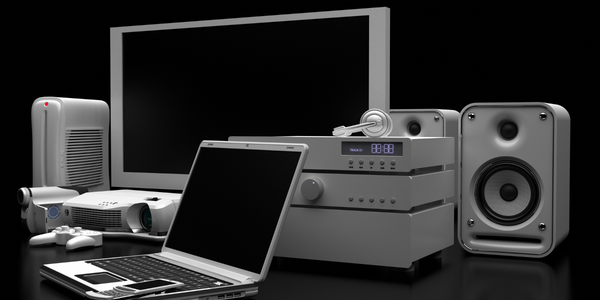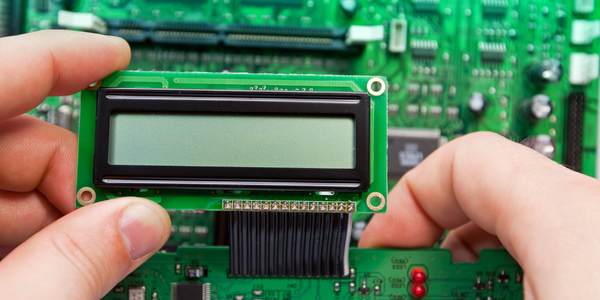
技术
- 机器人 - 机器人应用与编程软件
适用行业
- 电子产品
适用功能
- 离散制造
用例
- 柔性制造
客户
富士康
关于客户
富士康是全球最大的电子承包商制造商,也是按收入计算的第三大信息技术公司。
挑战
将新产品推向市场时,时间至关重要。许多客户需要在很短的时间内批量生产产品。他们的要求给富士康带来了巨大的压力。
解决方案
ABB 将 RobotStudio 引入富士康,以缩短评估时间并缩短开发时间,帮助他们实现战略目标并满足客户需求。 RobotStudio 是适用于许多不同应用的编程工具,例如为焊接和折叠机器人开发新的机器人程序。分享新 RobotStudio 版本和 PowerPacs 的进度的能力使工程师更高效、更快。
收集的数据
Downtime, Installation Diagnostics, Operating Time, Production Efficiency
运营影响

Case Study missing?
Start adding your own!
Register with your work email and create a new case study profile for your business.
相关案例.

Case Study
Remote Temperature Monitoring of Perishable Goods Saves Money
RMONI was facing temperature monitoring challenges in a cold chain business. A cold chain must be established and maintained to ensure goods have been properly refrigerated during every step of the process, making temperature monitoring a critical business function. Manual registration practice can be very costly, labor intensive and prone to mistakes.

Case Study
Cloud Solution for Energy Management Platform-Schneider Electric
Schneider Electric required a cloud solution for its energy management platform to manage high computational operations, which were essential for catering to client requirements. As the business involves storage and analysis of huge amounts of data, the company also needed a convenient and scalable storage solution to facilitate operations efficiently.

Case Study
Leveraging the IoT to Gain a Competitive Edge in International Competition
Many large manufacturers in and outside Japan are competing for larger market share in the same space, expecting a growing demand for projectors in the areas of entertainment, which requires glamor and strong visual performance as well as digital signage that can attract people’s attention. “It is becoming more and more difficult to differentiate ourselves with stand-alone hardware products,” says Kazuyuki Kitagawa, Director of Service & Support at Panasonic AVC Networks. “In order for Panasonic to grow market share and overall business, it is essential for us to develop solutions that deliver significant added value.” Panasonic believes projection failure and quality deterioration should never happen. This is what and has driven them to make their projectors IoT-enabled. More specifically, Panasonic has developed a system that collects data from projectors, visualizes detailed operational statuses, and predicts issues and address them before failure occurs. Their projectors are embedded with a variety of sensors that measure power supply, voltage, video input/ output signals, intake/exhaust air temperatures, cooling fan operations, and light bulb operating time. These sensors have been used to make the projector more intelligent, automatically suspending operation when the temperature rises excessively, and automatically switching light bulbs. Although this was a great first step, Panasonic projectors were still not equipped with any capability to send the data over a network.

Case Study
XBee-Enabled Sensors Monitor Harsh Environments
Libelium needed radio frequency modules to guarantee accurate transmission of information from sensors placed in isolated or difficult-to-access areas. To enable Libelium to develop its sensor devices, the company needed to source a wireless networking provider that offered both long-range links and the interconnection of wireless networks of different frequencies.





